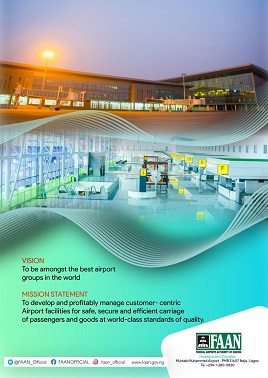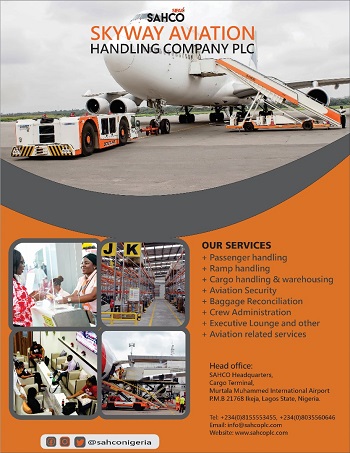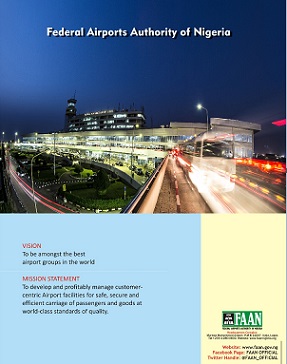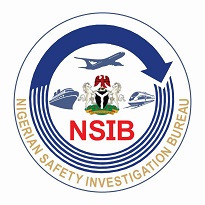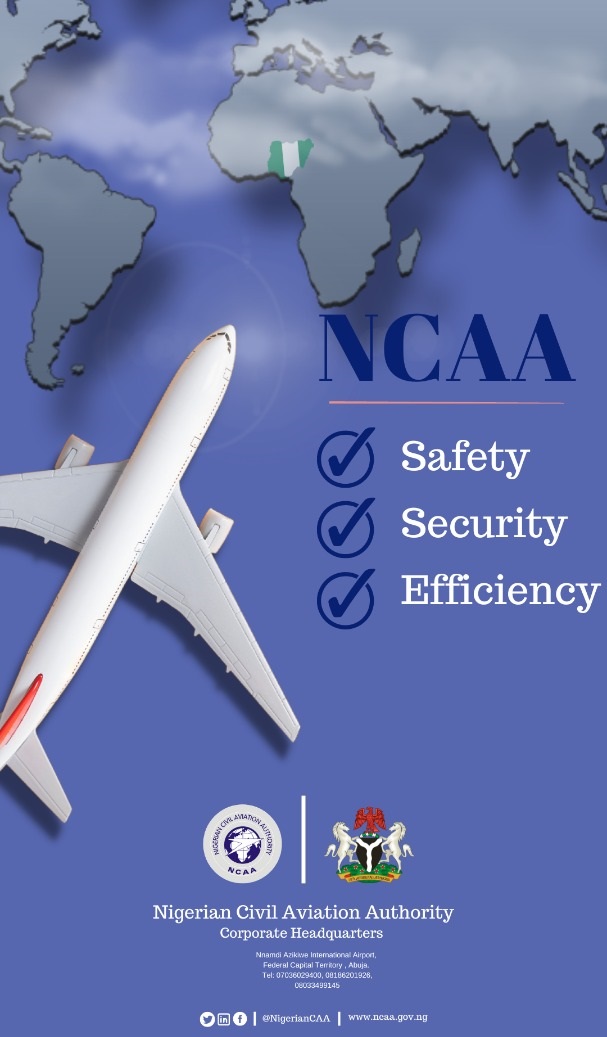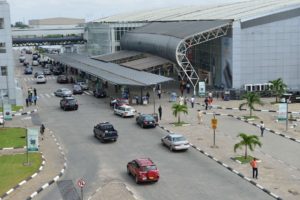
Stakeholders in the aviation sector of the economy have enjoined Ministry of Aviation to ensure that the processes that would lead to the concession of airport terminals in the country to be transparently conducted in compliance with the extant laws and
due process, to avoid post-agreement controversies and rancour as previously
experienced.
The call was made by the participants during a webinar conference held on Thursday, August 13, 2020 by Aviation Safety Round Table Initiative (ASRTI)
The Webinar conference with the Theme: “Nigerian Concession; How far, so far?” While trying to x-ray how private sector funds could be brought into the sector to develop the terminals to global standards, however, noted that concession of the terminals are inevitable even as they attempted to navigate away from the post-agreement controversies and rancour experienced in past concessions in the industry.
In a ten point communique issued ASRTI at the end of the webinar, added that government should, in its current concession plan should
consider the totality of all the 22 airport terminals in the concession project.
While the session acknowledged the necessity for government to concession airport terminals
in order to reduce financial burden on the Federal Government for airports
infrastructure development management, the participants insisted that the concession of the terminals should not
just be a departure from the status quo but with an objective to deliberately drive
regional competitive hubs as well as mega carriers that will operate in those hubs.
“The Ministry of Aviation to ensure that the terminal
concession process is transparently conducted in compliance with the extant laws and due process to avoid post-agreement controversies and rancour as previously
experienced. In addition, the Government should, in its current concession plan
consider the totality of all the 22 airport terminals,” the participants submitted.
Though the session was informed of the recruitment of a strategic Communication Consultant who is expected to disseminate important information on the concession process for the
benefit of all stakeholders, they however urged government to define and clarify what is to be concessioned within the airport.
Also dwelling on existing legal, labour, and other complications arising from previous experiments such as Nigeria Airways (WT), National Handling Company (NAHCO)etc. Which they advised should be conclusively resolved, the participants therefore said there is need for government to allay the fears of the unions and employees of Federal Airports Authority of Nigeria (FAAN)
with regards to the planned concession. The process must be FAIR &
TRANSPARENT.
The participants advised that to secure the confidence of prospective investors into the sector, all controversies surrounding the various previous concession agreements between FAAN and its concessionaires; such as AIC Ltd., Bi-Courtney Aviation Services Limited, Maevis Ltd., Toll Plaza Operator and others should be resolved as soon as possible by parties involved before moving on to sign new concession agreements.
The participants also recommended that the concession be done with the objectives of protecting
users’ interest through the provision of innovative and quality services by service
providers as well as leveraging private sector funds amenable to modern technologies
to provide improved infrastructure comparable to global standards.
They also It recommended that Government should have minimal participation in
airport’s terminal management and infrastructure development but should concern itself
primarily with aeronautical services and regulatory interventions and oversight.
The webinar also recommended that the proposal for a connected rail system designed
to ensure interoperability of the domestic and international terminals at the MMIA
Lagos be revisited to enhance passenger facilitation and air cargo management.
They however concluded that the modest successes recorded in terminal infrastructure and services at the MMA2 should be improved upon and adopted as a strategy for development of other terminals in the country.
Finally, the webinar recommended that there is the need for aviation authorities in Nigeria to understudy successful models of
terminal commercialisation and operation in other climes to gain deeper understanding
of airport concession and management to minimise controversies associated with such


